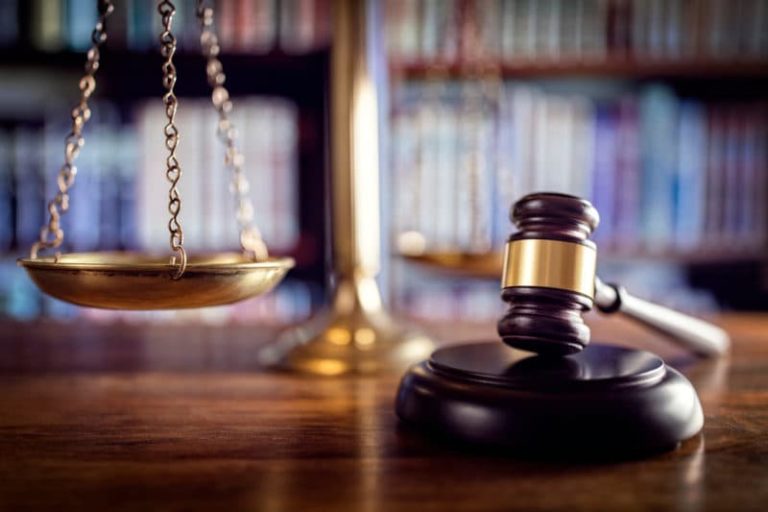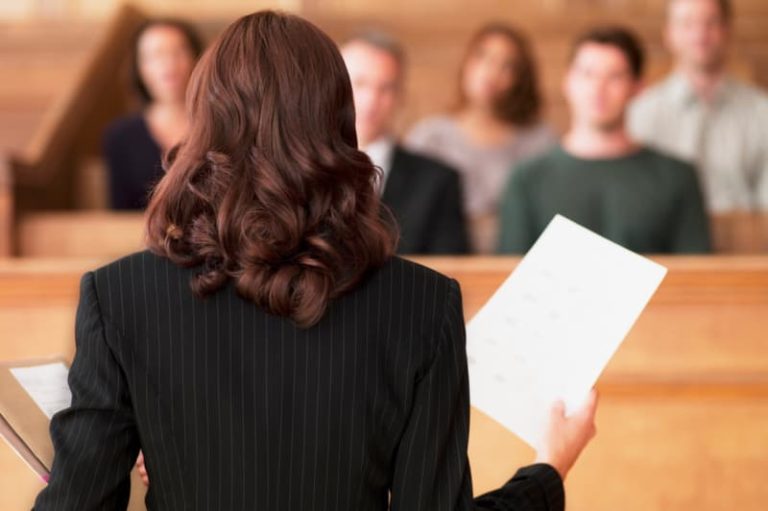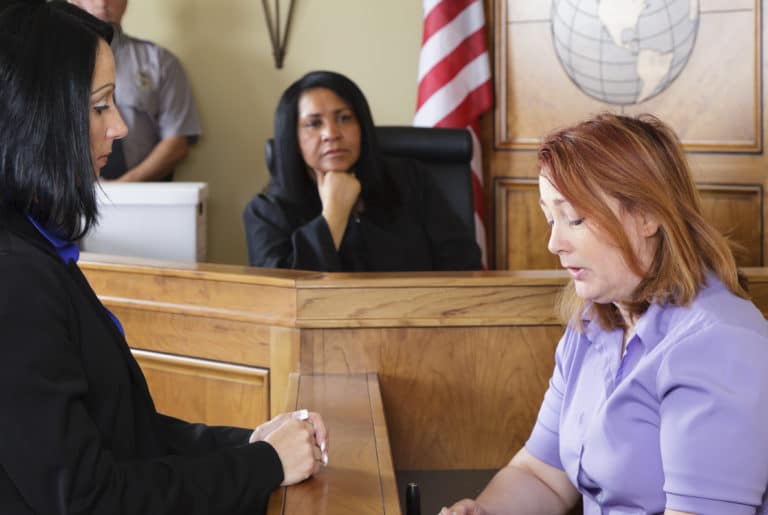The Importance of Expert Witnesses in Catastrophic Injury Claims
When you suffer a catastrophic injury after an accident, you deserve financial compensation and to hold the responsible party accountable. To strengthen your legal strategy, there’s a good chance you’re going to rely on an expert witness. Maybe your attorney has already mentioned it, or perhaps you’re trying to find the right person to support your claim.
But what role does an expert witness play? Why does it matter so much? Having the right person to testify for you can make or break your claim. Our Elite Litigation Group of catastrophic injury attorneys explains the importance of expert witnesses in catastrophic injury claims.
Why Is an Expert Witness Important?
An expert witness is vital to present a complete case to the jury. The expert may testify to complex or technical evidence. This information may be necessary to help the jury connect various pieces of evidence and draw conclusions. Some types of evidence can only be presented by an expert because it is complex or scientific. Without an expert, the jury may not have the information they need to rule in a party’s favor.
Why Are Expert Witnesses So Crucial to Catastrophic Injury Claims?
If your injuries are catastrophic, an expert witness is essential to proving every element of the case. Catastrophic injuries require an in-depth presentation of their long-term effects and course of treatment. The victim must present information about future medical needs and cost with a reasonable degree of certainty. Only an expert is qualified to give this information.
An expert witness is so important in a catastrophic injury claim to ensure that the claim is thoroughly examined and presented for the total amount of damages.
What Is the Role of an Expert Witness in a Negligence Claim?
An expert witness in a negligence claim explains any one of the elements of the case. They demonstrate technical information that is either not obvious based on the facts or requires a certain level of specialized knowledge to interpret. A negligence case may require one expert, multiple experts or none at all. Their role is to provide highly specialized knowledge that helps the jury determine an important fact or draw conclusions from the evidence.
Examples of Expert Witnesses in Negligence Claims
Some examples of expert witnesses in negligence claims include:
- A victim is injured while parasailing. An investigation shows that the company providing the parasailing excursion allowed it to occur in inclement weather during a heavy fog. The expert witness testifies that it is a breach of the duty of care to allow parasailing under those conditions.
- The case hinges on who is at fault for a car accident. The use of an expert witness allows a party to present information about vehicle damage. The expert says that based on the skid marks on the road and damage to the vehicles, the other party must have exceeded the speed limit before the crash.
- When a victim suffers severe spinal cord injuries in a car accident, their medical team expects them to have lifelong complications. A medical expert testifies to the damages that the victim will likely suffer and the cost of treatment throughout the victim’s lifetime.
- One of the most severe injuries that a victim suffers in an accident is PTSD. They have physical injuries, too, but PTSD interferes with their ability to work. A medical expert presents information that the PTSD is a result of the accident. They tell the jury how the mental injury is likely to interfere with work and daily activities in the future.
What Qualifies a Person To Be an Expert Witness in Colorado?
Colorado Rules of Evidence 7021 qualifies a person to be an expert witness in Colorado. The rule sets the standard for what a party must do to present an expert witness. Specifically, the person must have the knowledge, skill, education, training or experience to qualify. Their skill must help the jury to understand a relevant fact.
Having a particular degree doesn’t necessarily make a person qualified to be an expert witness. It’s certainly a factor; however, a person can be a qualified expert without a degree. Qualification is the sum-total of the person’s specialized skill that makes them uniquely suited to help the jury understand information that may be complex or technical.
Tips for Presenting an Expert Witness in Court in Colorado
When you’re presenting an expert witness for a catastrophic injury claim in Colorado, remember these tips:
- The court determines whether the witness is qualified. The court has the discretion to allow or deny expert testimony. Eggert v. Mosier Safe Co. 730 P.2d 895 (Colo. App. 1986)2.
- Even if a court decides to allow an expert to testify, the jury is free to accept or reject what they say.
- A higher court reviews the decision to admit the testimony for an abuse of discretion.
- When offering expert testimony, the party must lay a foundation before getting to the person’s opinion. The foundation is that the witness has the specific qualifications to speak to the issues at hand.
- Be sure to verify the expert witness’ exact qualifications. They need to be able to speak to the precise issue in question. If their qualifications vary even slightly from the topic at hand, their testimony may be rejected. Be prepared with the details to lay the proper foundation for the witness.
How an Attorney Can Help With an Expert for a Catastrophic Injury Claim
An attorney can assist you with identifying the right expert for a catastrophic injury claim. They evaluate the case to decide what kind of expert you need. Plus, they’re skilled in determining how to prepare the case and lay the foundation to have the testimony admitted in court. Finally, they know how to question the witness in order to make the information useful for the jury.
If you need assistance, we invite you to contact our catastrophic injury attorneys regarding your case. We offer full-service legal representation, including the use of expert witnesses when appropriate. Contact us today to speak with a member of our team.




